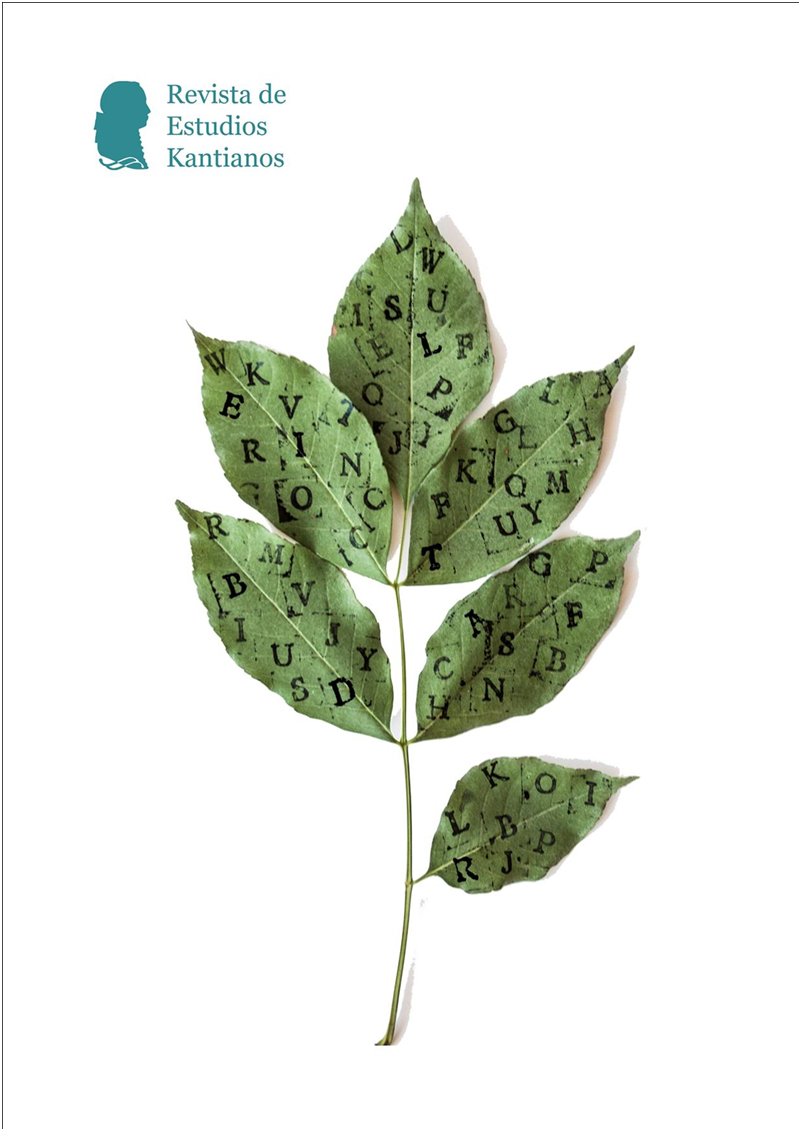Determinismus und Freiheit in Kants Nova dilucidatio (1755)
DOI:
https://doi.org/10.7203/REK.5.1.15262 Abstract
Abstract
Im Mittelpunkt steht die Behandlung der Freiheit in einem Kontext des expliziten und strengen Determinismus. Er triumphiert in der Wissenschaft, scheint aber die Ausübung der Freiheit und der Moral selbst in Gefahr zu bringen. Nicht so für Kant. Die Überprüfung des Satzes des zureichenden Grundes bietet dem Königsberger Philosophen die Gelegenheit, an seinem zweifachen Engagement festzuhalten, nämlich die Wissenschaft zu schützen und die Metaphysik zu erneuern. Gegenüber der Verherrlichung des Satzes des bestimmenden Grundes verteidigt Kant die Unanfechtbarkeit der menschlichen Freiheit, wobei er dessen Eigenschaften der Richtigkeit, Klarheit und Strenge unterstreicht, die auch dem verantwortungsvollen moralischen Verhalten nicht fremd sind.
 Downloads
Downloads
Downloads
Published
How to Cite
-
Abstract375
-
PDF (Español)271
Issue
Section
License
![]()
The authors who publish in this journal agree with the following terms:
- The authors retain their copyright and guarantee to the journal the right to be the first to publish the work and to license it under a Creative Commons Attribution License that allows others to share the work with an acknowledgement of its authorship and the initial publication in this journal.
- Authors may separately establish additional agreements for non-exclusive distribution of the version of the work published in the journal (for example, placing it in an institutional repository or publishing it in a book), with acknowledgement of its initial publication in this journal.
- Authors are allowed and encouraged to disseminate their work electronically (e.g., in institutional repositories or on their own website) before and during the submission process, as this can lead to productive exchanges as well as earlier and greater citation of published work (see The Effect of Open Access).








